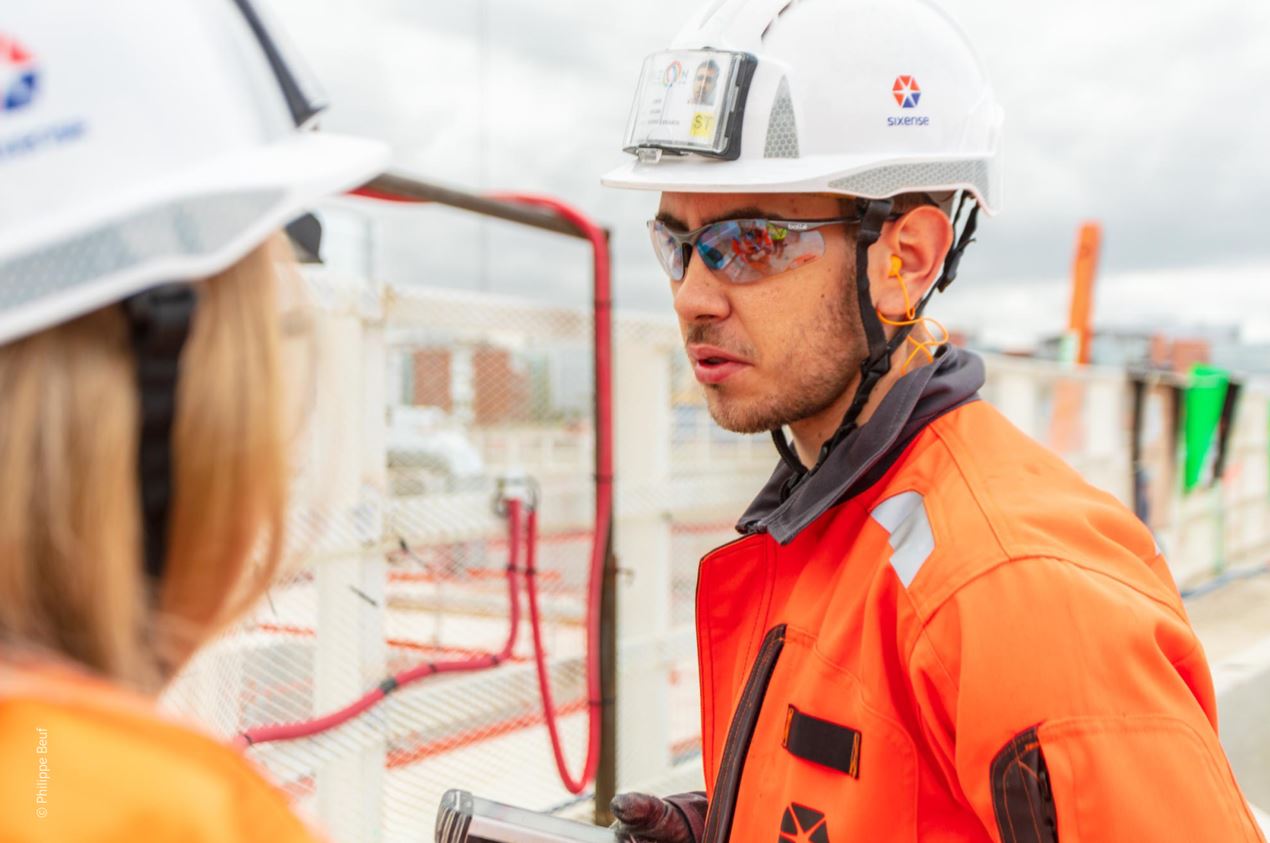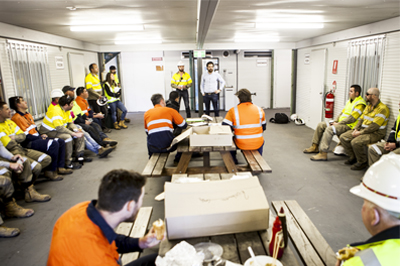The group has paramount responsibility for ensuring the safety of its people. Safety is a fundamental pillar of the company.
Safety: a deep-seated commitment
All Soletanche Freyssinet entities (Soletanche Bachy, Menard, Geoquest, Freyssinet, Nuvia and Sixense), at every level, are deeply committed for safety across the board and staying ahead of accidents. All the rules put in place within each entity help optimise prevention and materialise our Zero Accident committment.


Safety across the board
From project design to delivery, Soletanche Freyssinet’s top priority is to provide the safest work environment for its staff, partners and contractors.
Safety is factored into every aspect of a jobsite, from work organisation and processes to techniques and equipment. The same is true for every single branch, plant and workshop within the group’s global footprint.
Safety: continuous training
Multiple awareness-raising initiatives at worksites and offices promote specific worksite training, road risk awareness, first aid training, etc. Over 230,000 hours of training per year are dedicated to HSE (Health, Safety and Environmental) issues.
